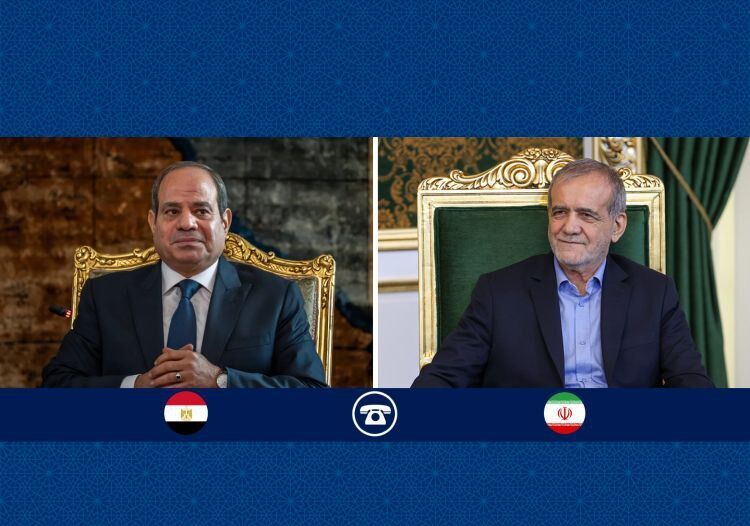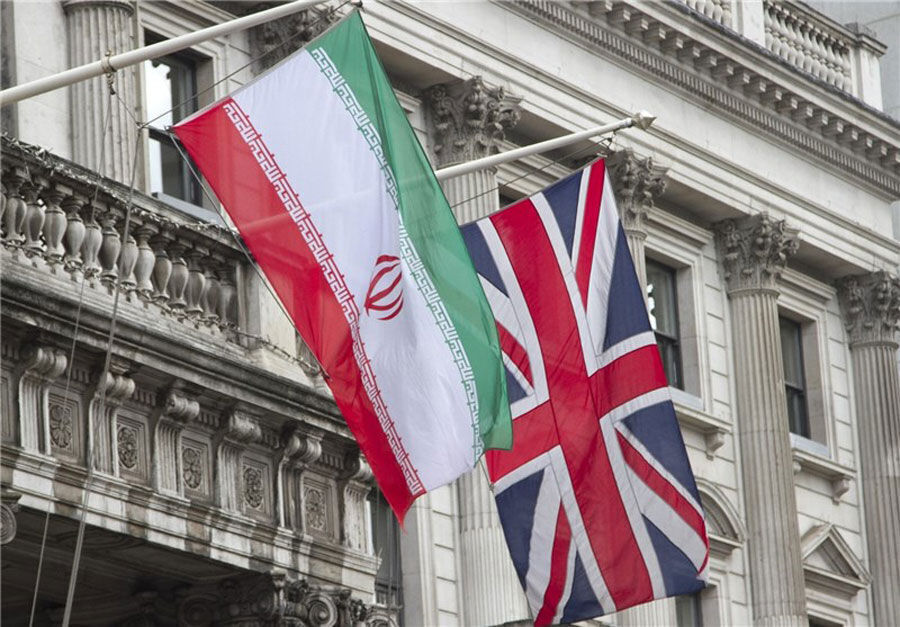
Similar Posts
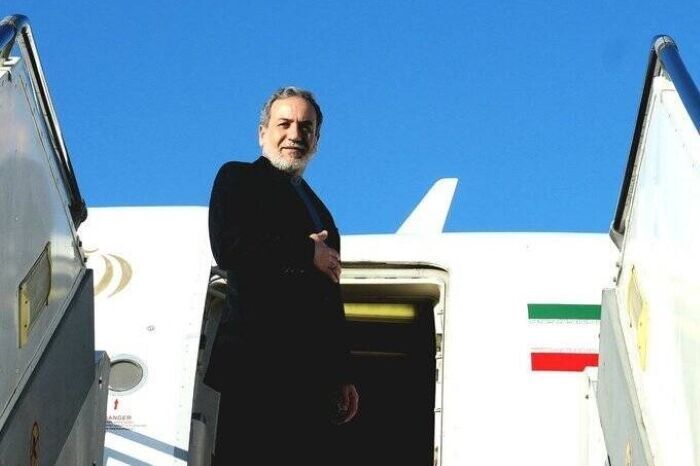
Foreign Minister Araqchi Heads to Rome for Crucial Indirect Talks with the U.S.
Tehran’s Foreign Minister Abbas Araqchi is in Rome for the fifth round of indirect talks with the U.S. President’s special envoy, mediated by Oman. Leading a delegation of experts from legal, political, and financial sectors, Araqchi’s team includes Deputy Foreign Ministers Majid Takht-e-Ravanchi and Kazem Gharibabadi, along with Foreign Ministry spokesperson Esmaeil Baqaei and additional specialists. These discussions aim to address critical issues in the Middle East, fostering dialogue and understanding among involved parties. The outcomes are anticipated to have significant implications for regional stability and diplomatic relations, attracting close monitoring from international observers.
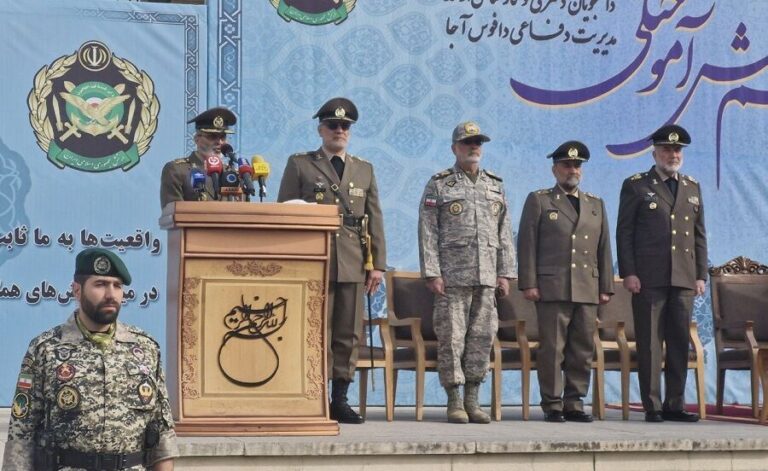
Army Chief Declares Hezbollah Leader’s Funeral a Blow to ‘Zionist Illusions’
During the funeral of Hezbollah leader Sayyed Hassan Nasrallah in Beirut, Army Commander Brigadier General Abdolrahim Mousavi declared the massive turnout a blow to the “hollow illusions” of the “criminal Zionist gang.” Hundreds of thousands attended the event, honoring both Nasrallah and his successor, Sayyed Hashem Saffieddine, who were killed in Israeli airstrikes. Mousavi asserted that Israeli actions would only strengthen the resistance against them, bringing the Zionist regime closer to collapse. The gathering underscored the ongoing regional tensions and the solidarity among supporters committed to resisting perceived oppression.
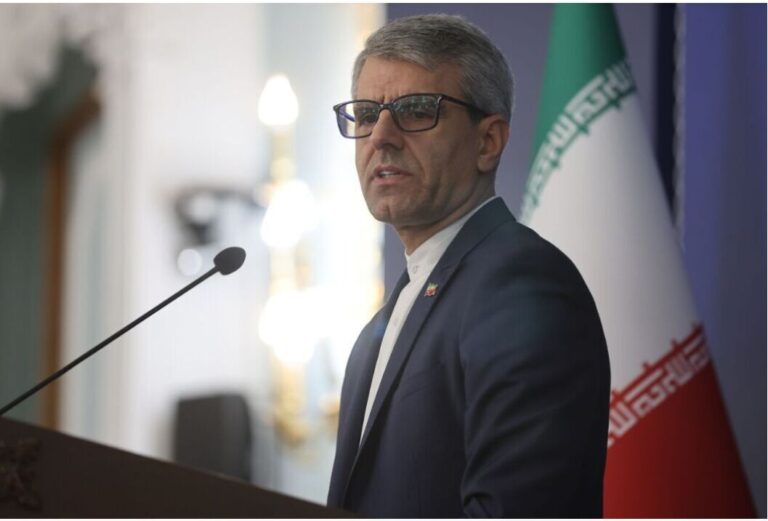
Updated Schedule: Fourth Round of Iran-U.S. Talks Rescheduled by Foreign Ministry Spokesperson
The scheduled indirect talks between Iran and the U.S., initially set for May 3, 2025, in Rome, have been postponed, as confirmed by Foreign Ministry spokesperson Esmaeil Baqaei. The decision was influenced by the Omani Foreign Minister, with details on the rescheduling to be announced later. Baqaei reiterated Iran’s commitment to diplomacy, focusing on securing the country’s legitimate interests, ending sanctions that create economic strain, and addressing human rights issues affecting citizens. This postponement highlights Iran’s ongoing efforts to manage complex international relationships while advocating for its people’s welfare amid challenging circumstances.
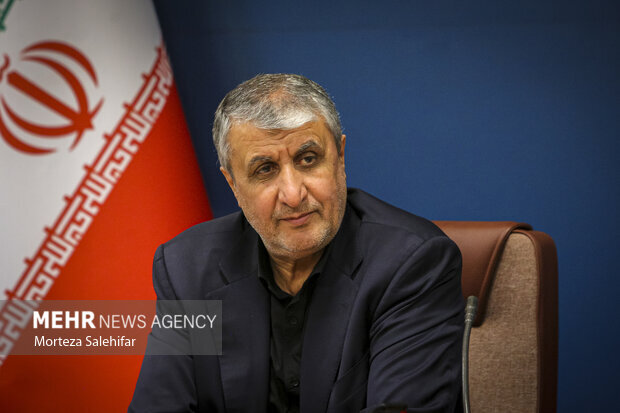
Iran’s Nuclear Program: Eslami Declares Full Transparency Amid Global Concerns
In a recent interview, Mohammad Eslami, head of Iran’s Atomic Energy Organization, highlighted significant advancements in Iran’s nuclear industry, emphasizing technological independence and the peaceful benefits of nuclear technology for the Iranian people. He stated that Iran has “broken the monopoly” on nuclear research and is committed to developing its program despite costs. Eslami addressed concerns about potential weaponization, asserting that such accusations are Western excuses, and reiterated Iran’s commitment to transparency through inspections. He criticized U.S. restrictions on nuclear development and called for the International Atomic Energy Agency to support peaceful nuclear technology access for all nations, reflecting Iran’s determination amid geopolitical challenges.
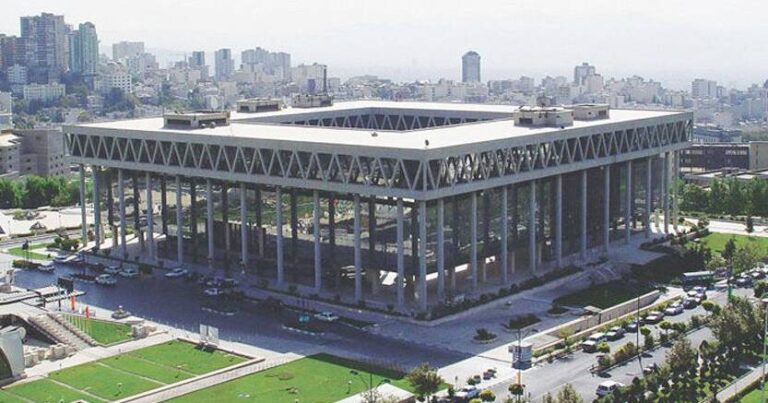
Rising Tensions: Sectarian Rhetoric and US Relations Spark Controversy in State Media
Iran’s state-run television is facing backlash from senior clerics and political figures for inflammatory religious commentary and biased coverage of U.S. negotiations. Moderate cleric Rasoul Montajabnia criticized the influence of a fundamentalist group in state media, particularly after a broadcast insulted Sunni Muslims. Despite an apology and investigation from IRIB, many clerics deemed this insufficient. Criticism has also come from hardline outlets, highlighting a rift in Iran’s political landscape. The head of IRIB, appointed by the Supreme Leader, faces scrutiny regarding editorial independence. This ongoing controversy underscores the complex relationship between religion, politics, and media in Iran.
